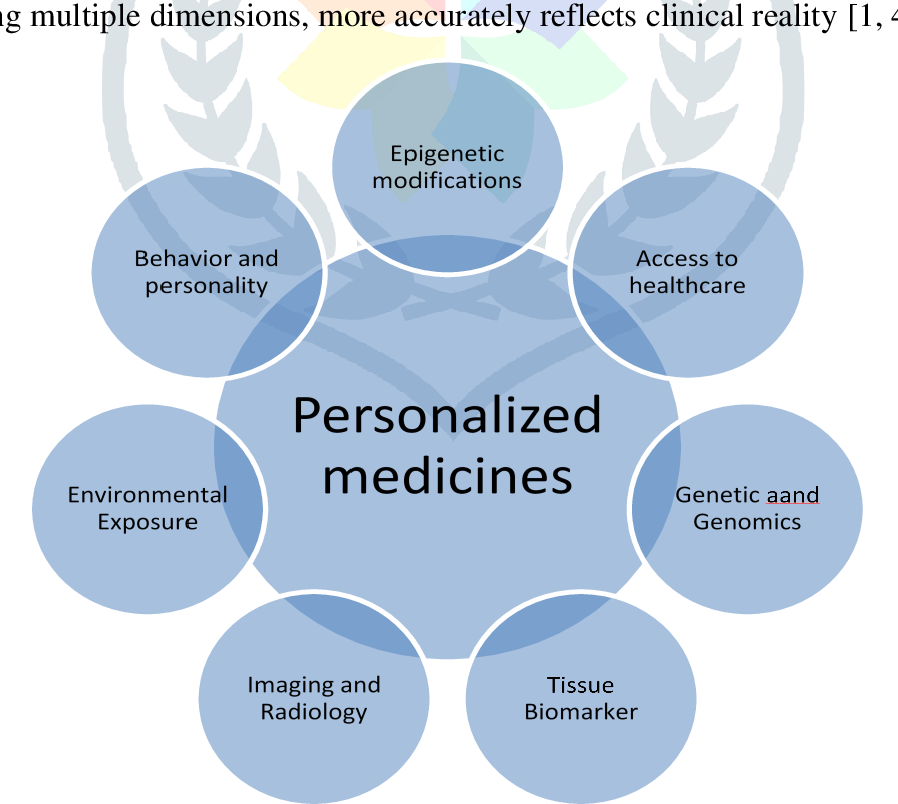
AI’s Impact on Personalized MedicineAI’s Impact on Personalized Medicine The advent of Artificial Intelligence (AI) is revolutionizing the healthcare industry, particularly in the field of personalized medicine. AI-powered technologies are empowering healthcare providers to tailor treatments and interventions to the specific needs of individual patients, leading to improved outcomes and a more patient-centric approach to healthcare. Precision Diagnostics: * AI algorithms can analyze vast amounts of patient data, including medical records, genetic profiles, and lifestyle factors, to identify patterns and predict disease risk. * This enables early detection and personalized screening, allowing interventions to be initiated at the optimal time. Customized Treatment Plans: * AI-powered machine learning models can predict how patients will respond to different treatments based on their unique characteristics. * This information can then be used to develop individualized treatment plans that maximize efficacy and minimize side effects. Precision Drug Development: * AI can streamline the drug discovery process by identifying potential drug candidates and predicting their efficacy and safety. * This accelerates the development of personalized therapies tailored to specific genetic mutations or disease subtypes. Patient Empowerment: * AI-driven mobile apps and platforms can provide patients with personalized health information and guidance. * This empowers individuals to actively participate in their own healthcare decisions and improve their well-being. Examples of AI-Enabled Personalized Medicine: * CAR T-cell Therapy: AI algorithms design personalized cancer treatments by engineering patients’ immune cells to target specific tumor antigens. * Precision Oncology: AI analyzes tumor biopsies to identify genetic mutations, guiding the selection of targeted therapies and optimizing treatment outcomes. * Personalized Diabetes Management: AI-powered devices monitor blood glucose levels and automatically adjust insulin doses. Challenges and Considerations: * Data Privacy and Security: AI relies heavily on patient data, which raises concerns about privacy and data security. * Accessibility: Ensuring equitable access to AI-powered personalized medicine is crucial for healthcare equity. * Clinical Validation: Extensive clinical trials are necessary to validate the efficacy and safety of AI-based diagnostic and treatment tools. Conclusion: AI is transforming personalized medicine, offering unprecedented opportunities to improve patient outcomes and enhance the healthcare experience. By leveraging AI’s predictive power, healthcare providers can tailor treatments to individual needs, empower patients, and ultimately create a more personalized and effective approach to healthcare. As the field continues to evolve, careful consideration of ethical, regulatory, and accessibility issues will be essential to ensuring the equitable and responsible use of AI in personalized medicine.
Posted inNews